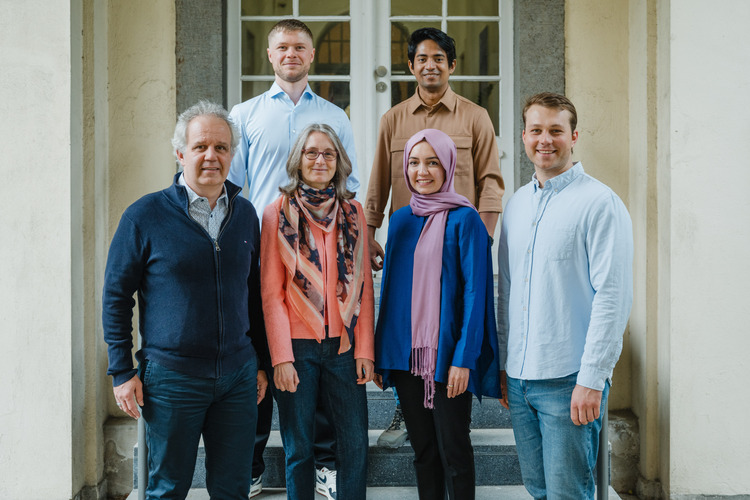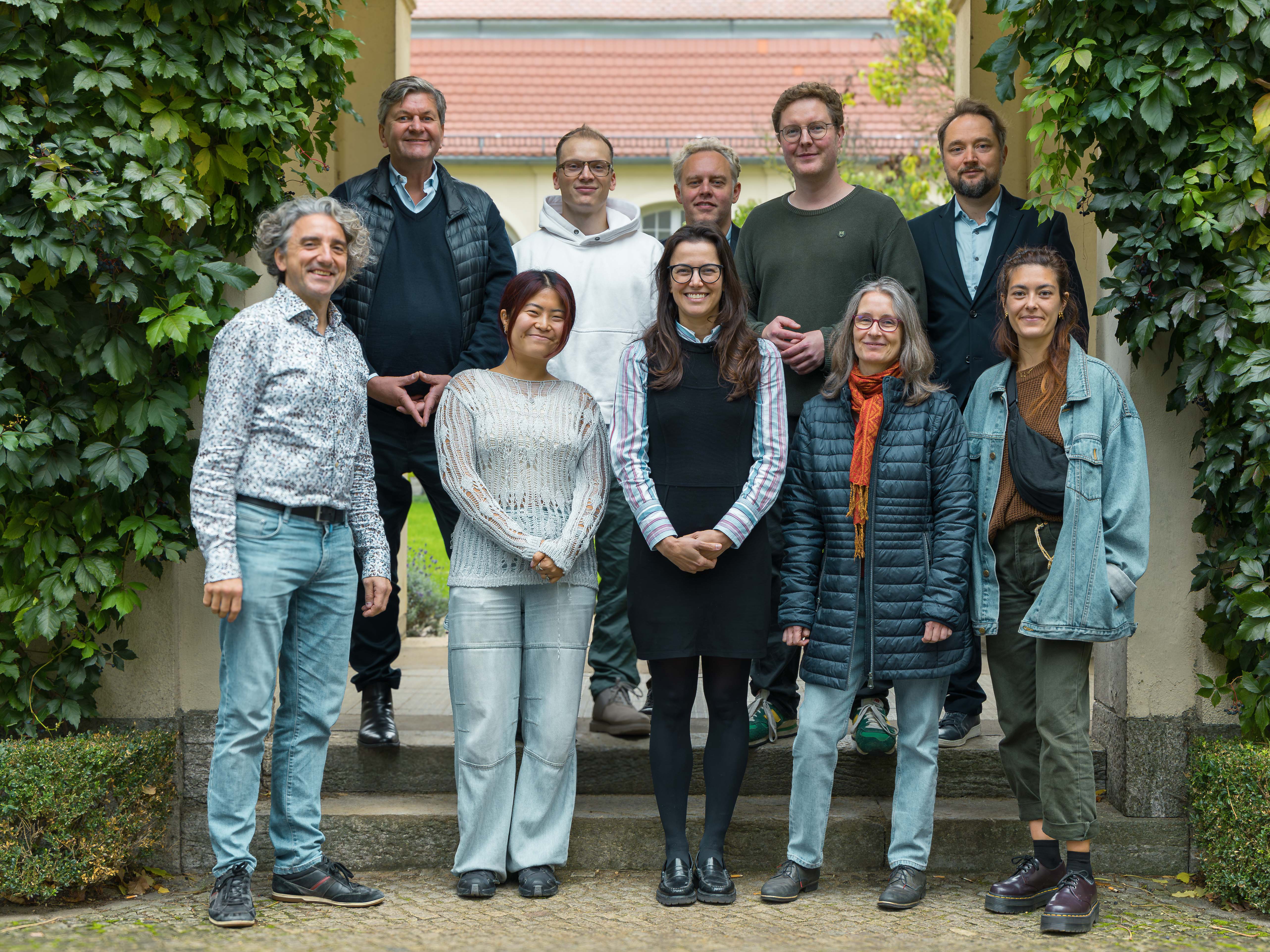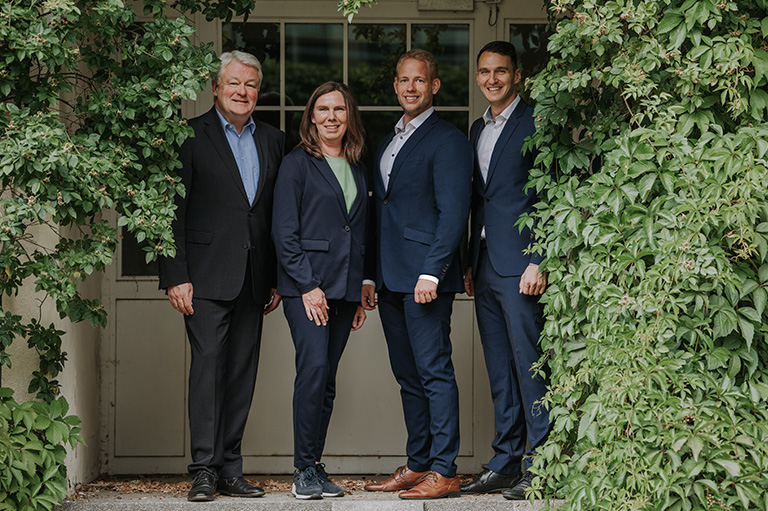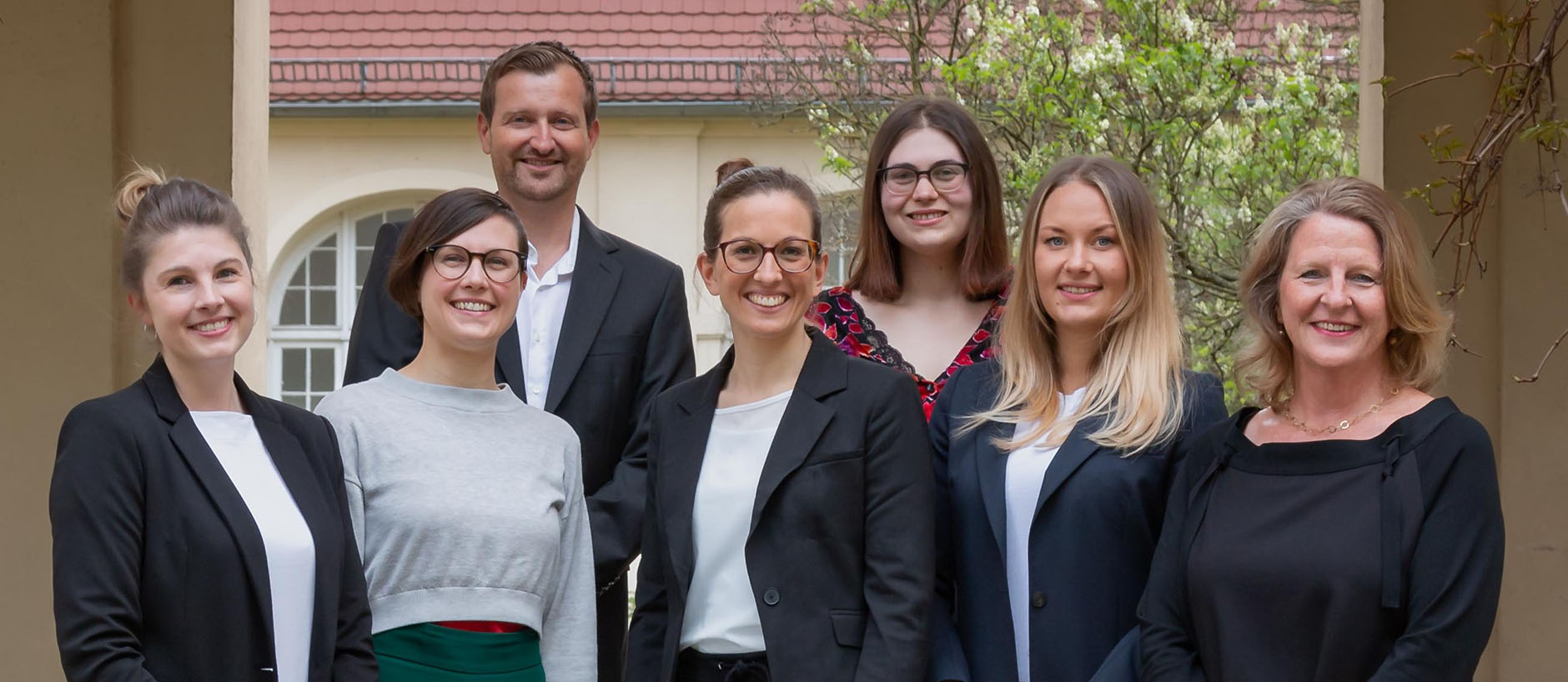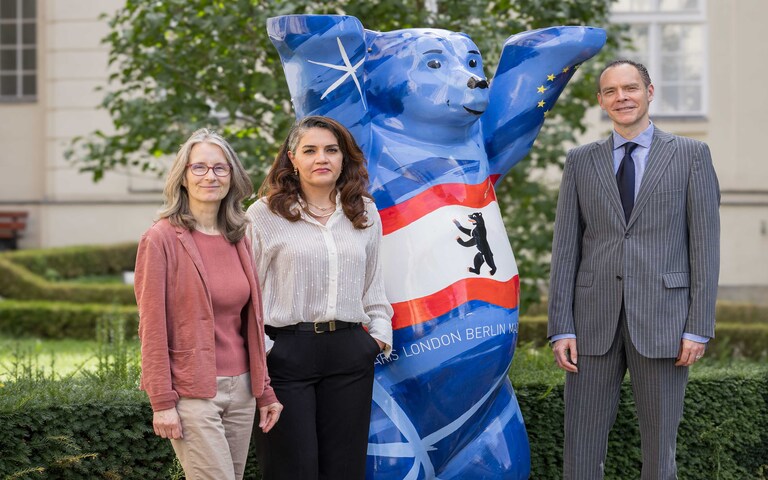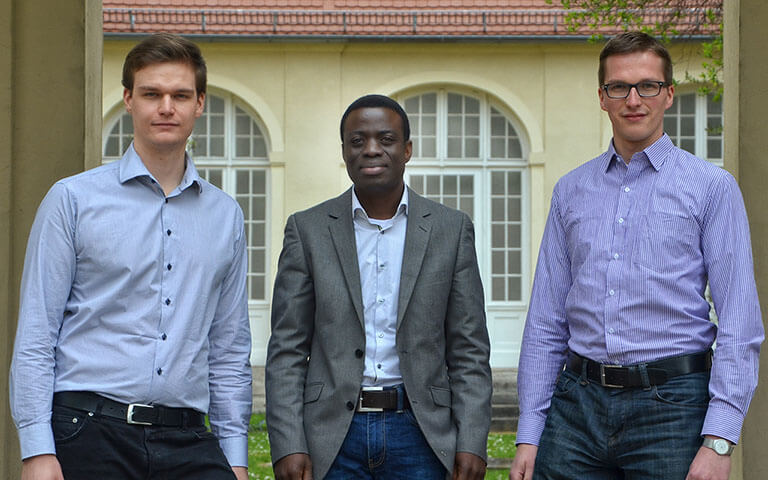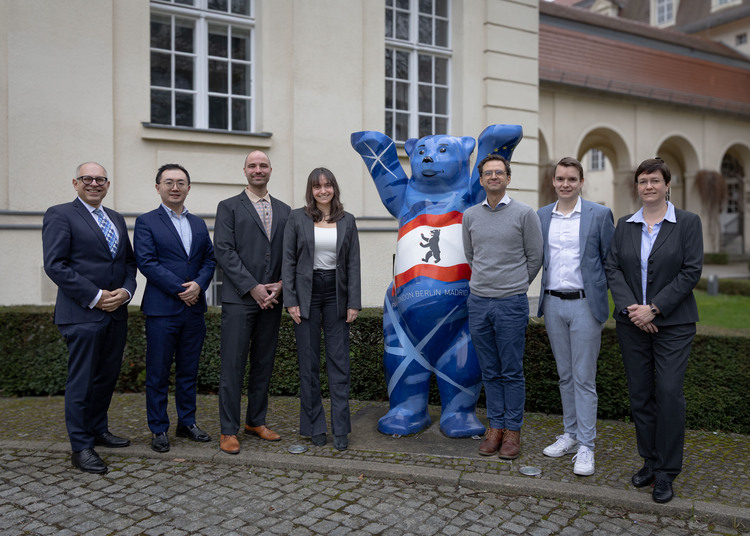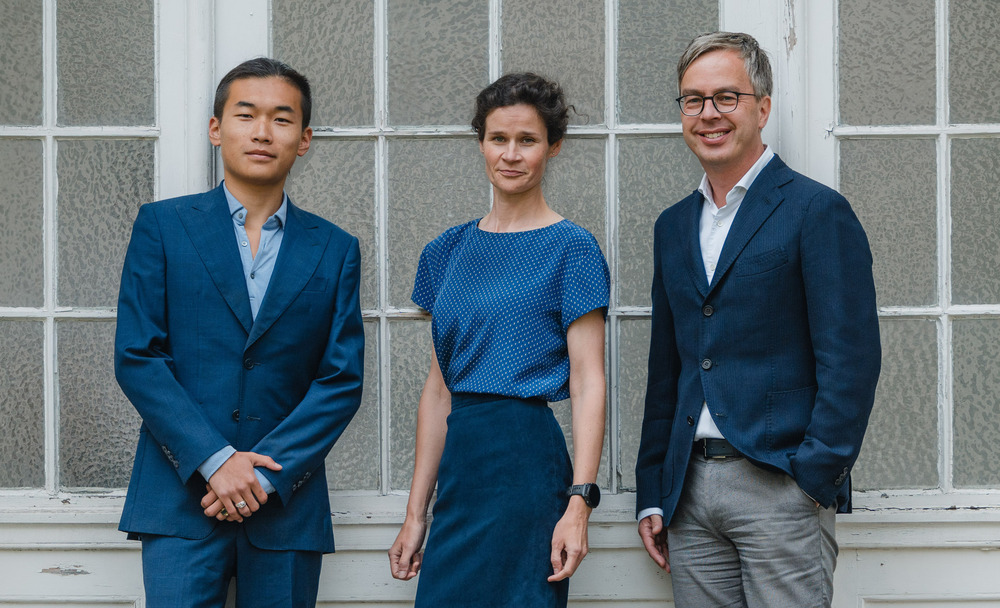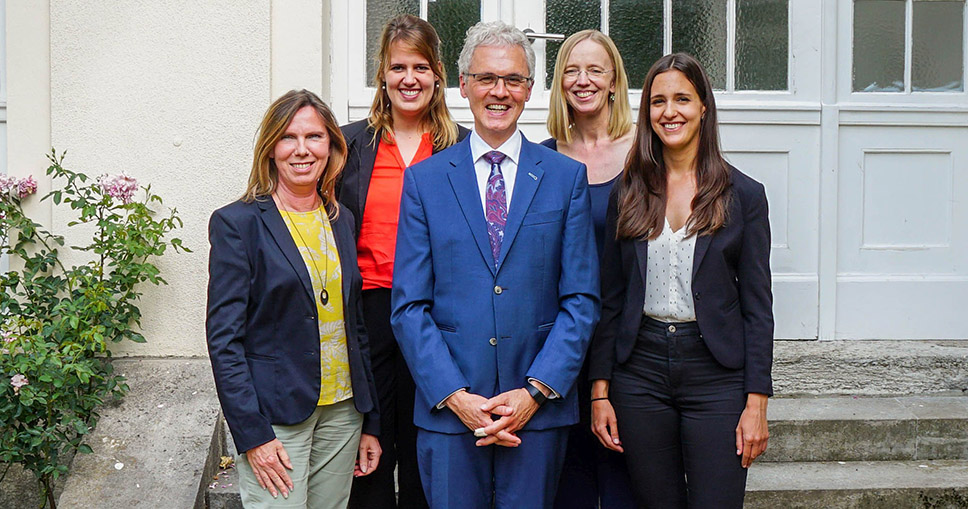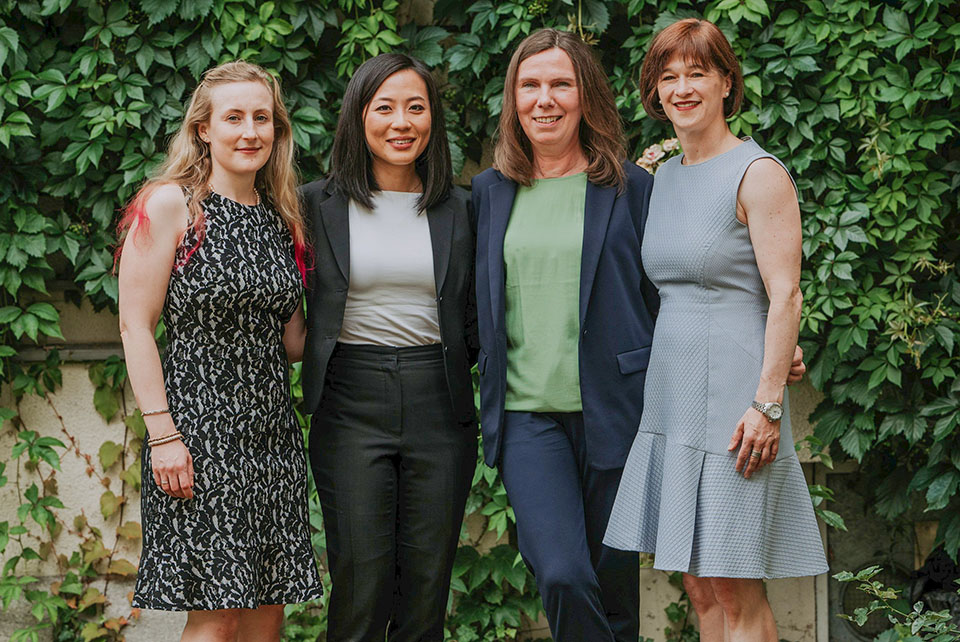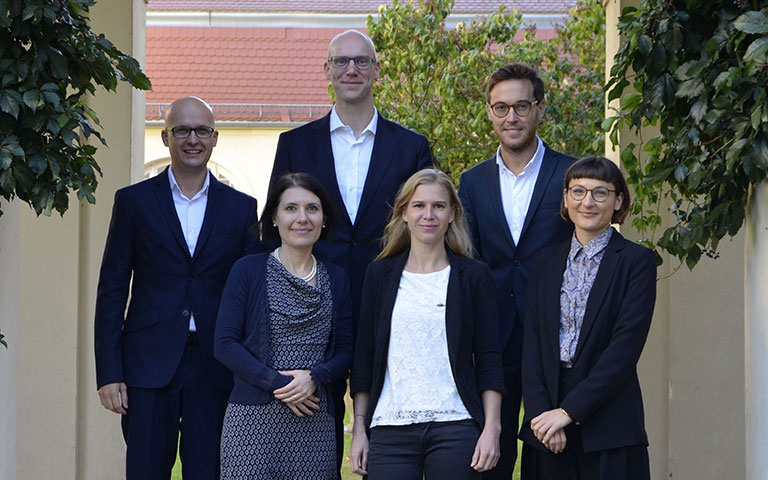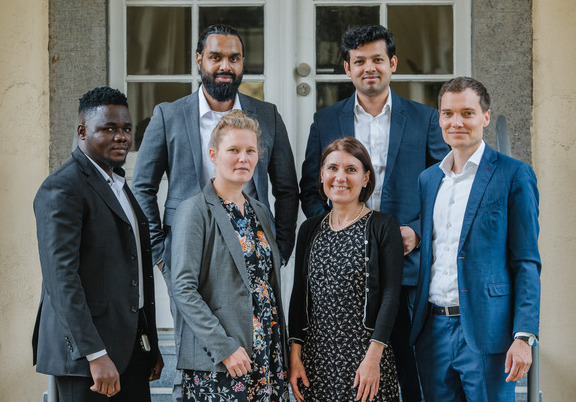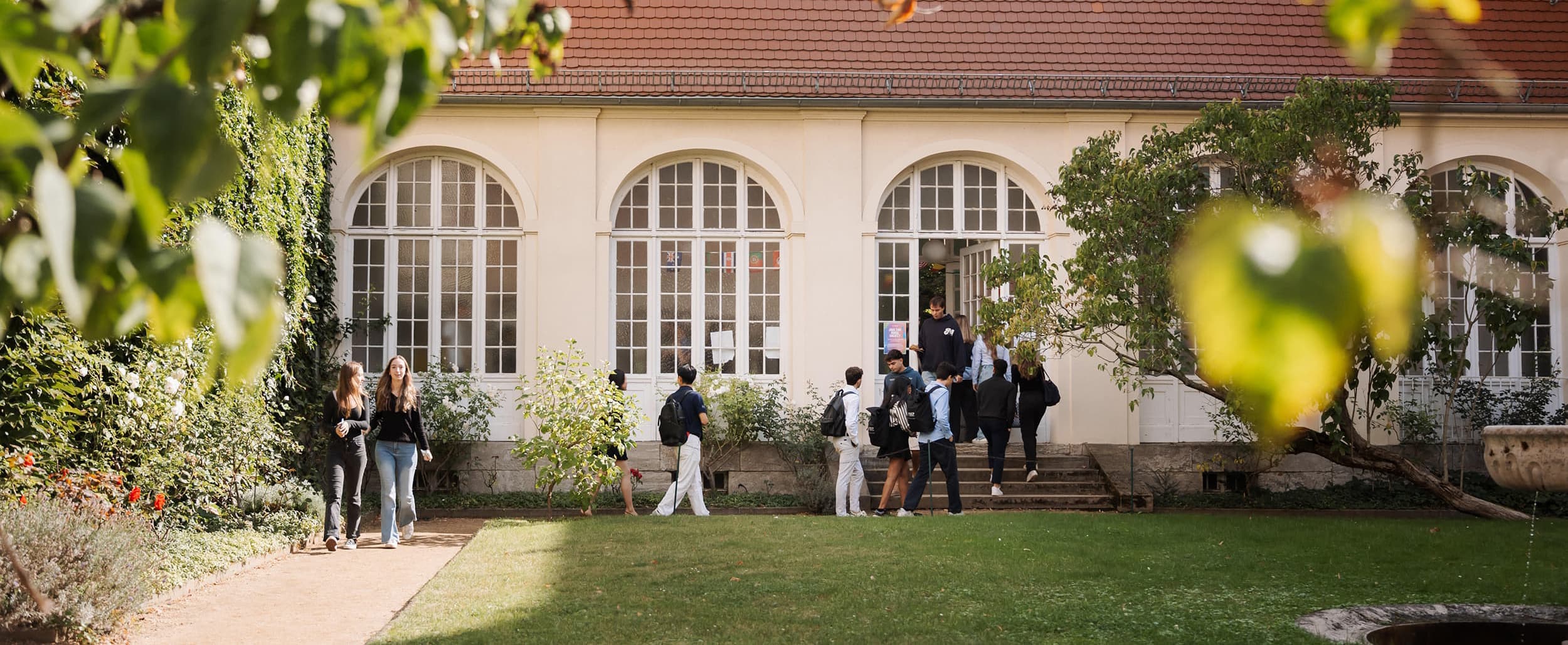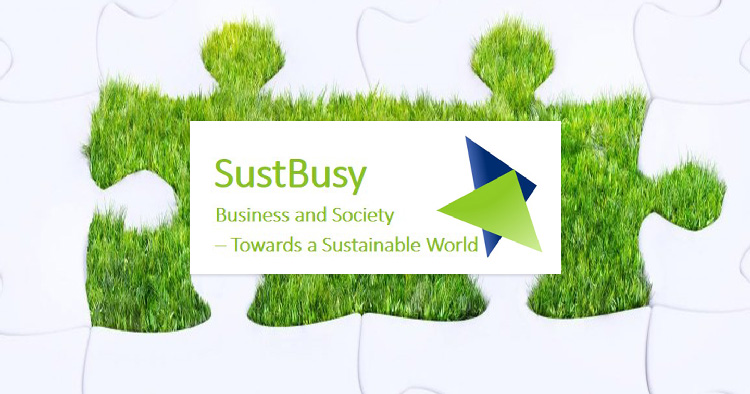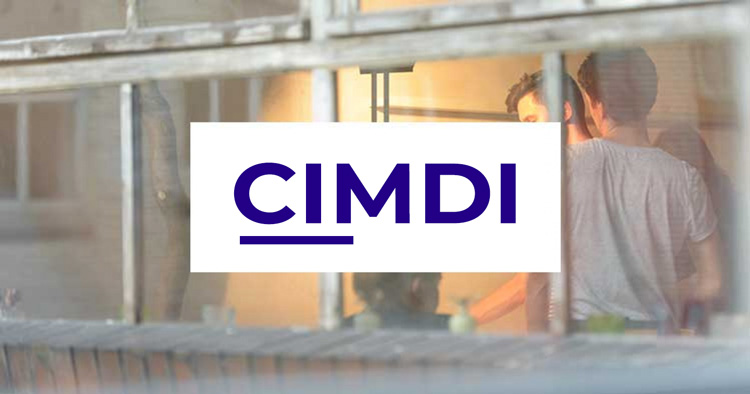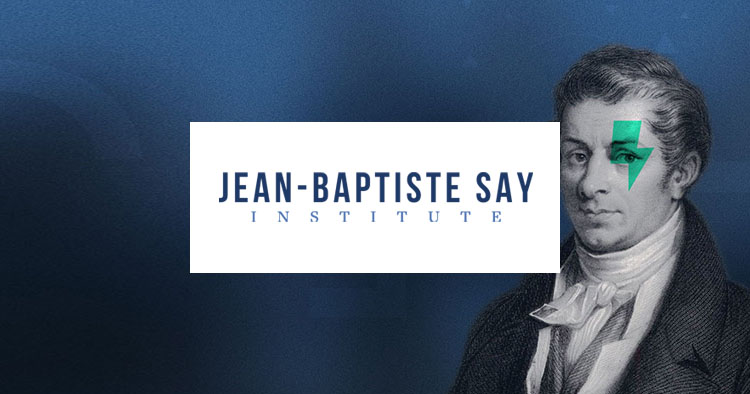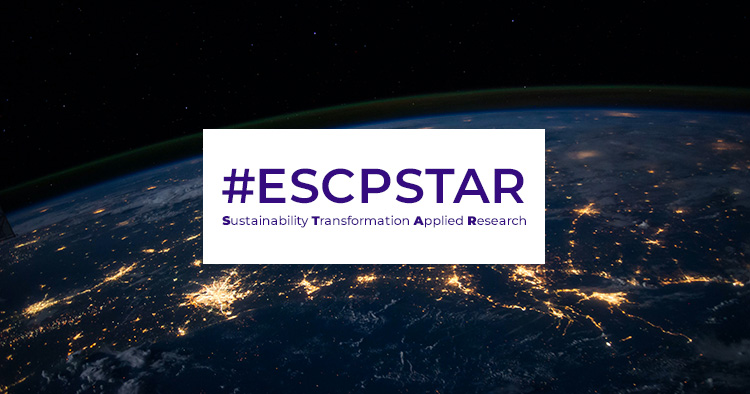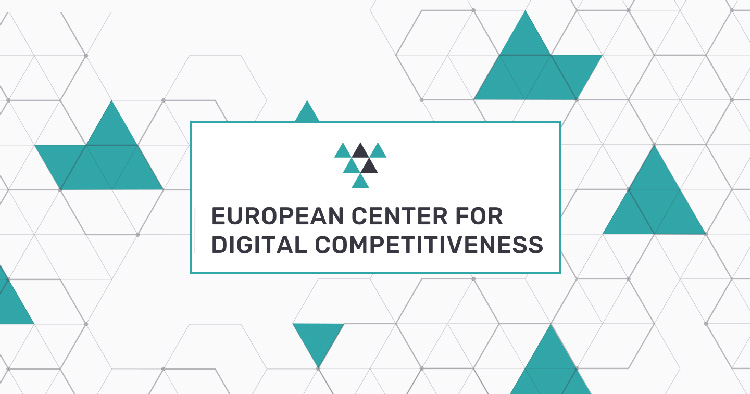Academic Chairs & Research


“In line with the school's research policy, the research activities at ESCP Berlin combine scientific rigour with a high level of managerial relevance, to investigate up-to-date issues of companies, ranging from start-ups to large multinationals or non-profit.
Beyond theoretical developments, our application-oriented research is particularly intended to support organisational transformations.
We believe that research should be an integral part of our teaching activities as well. Future managers should apply theory and science to make meaningful and responsible decisions.
ESCP Business School Berlin currently has 21 chairs and 4 junior professorships as well as 5 research centres. The ESCP Faculty counts more than 140 professors.”
Prof. Dr. Frank Jacob, Rector and Dean, ESCP Berlin
Prof. Dr. Martin Schmidt, Vice-Rector for Faculty, ESCP Berlin
Department of Research Funding
The Department of Research Funding supports academic staff of ESCP Berlin concerning issues of research funding. It provides faculty and staff with information about external research funding opportunities and current calls for proposals, and supports them during the preparation and submission of proposals.
Contact
Academic Chairs
Research Centres
Library
 The Library of ESCP Berlin provides relevant literature and access to databases related to business and economics to support learning, teaching and research activities. It offers a collection of print and electronic media and is a place for silent study. The Library staff are happy to help with special enquiries regarding literature searching for student needs with their studies and researchers’ needs with their research.
The Library of ESCP Berlin provides relevant literature and access to databases related to business and economics to support learning, teaching and research activities. It offers a collection of print and electronic media and is a place for silent study. The Library staff are happy to help with special enquiries regarding literature searching for student needs with their studies and researchers’ needs with their research.

